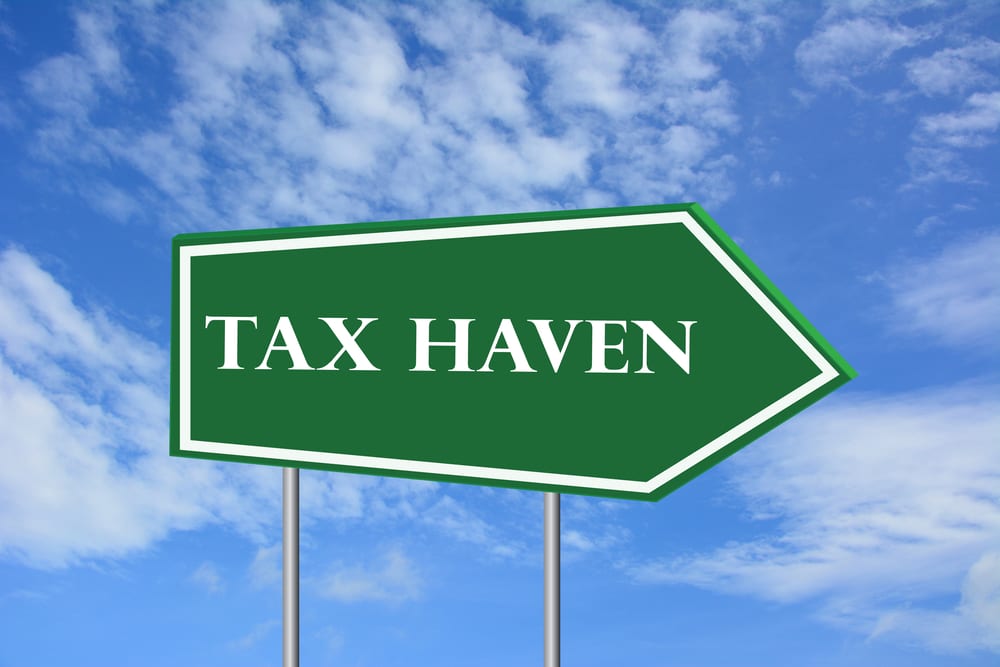Bob’s Journal for 5/7/20
Investors May Be Misreading the Effects and Trends of the Pandemic
Investors could be misreading some of the effects and trends of the ongoing coronavirus pandemic.
Many people piled into health care stocks and similar investments at the start of the pandemic. Their expectation was that many health care companies would benefit from all the money devoted to treating the ill and developing a vaccine.
To some extent they were right, but that was only part of the story. The early estimate of first-quarter gross domestic product (GDP) revealed that there was a substantial drop in consumer health care spending during the quarter. It declined 18% during the first quarter, though the pandemic didn’t really hit people until March, the last month of the quarter.
The negative effect on second-quarter health care spending is likely to be more substantial. It turns out that people postponed or canceled a lot of non-emergency medical services. Many areas required elective surgeries to be postponed.
In addition, emergency rooms reported a sharp drop in visits for a wide range of conditions they normally see, including heart attacks, strokes and injuries. In fact, many hospitals and medical service providers have laid off workers or reduced salaries because of the lack of demand.
The health care sector, which has been a growth engine of the economy, lost 42,000 jobs in March. That’s the first decline in health care jobs in six years.
Technology also is seeing mixed results in the pandemic. Sure, there’s higher use of online services and the cloud. A number of companies, or at least their stocks, are benefiting.
But companies are slashing budgets to conserve cash. Companies that sell cloud services and other technology to businesses are seeing projects postponed or canceled. Some industries that are big users of cloud services are suffering, such as hospitality, travel, aviation and tourism.
In addition, companies that appeared to be benefiting from the stay-at-home orders also experience some negative effects. Here are some examples.
Amazon.com reported record revenue for the quarter. But its profits were lower than expected because of higher costs, such as wages, related to the pandemic.
Apple decided it could not provide a forecast for the second quarter. This marked the first time it could not do so.
Plus, Apple’s sales in China declined in the first quarter. The company postponed new products because it is uncertain manufacturing capacity will be available.
The lesson is that investors need to be aware of what some call the second and third order consequences of current events. In this pandemic, those are very hard to assess.
Bet Against Billionaire Warren Buffett?
A lot is different for Berkshire Hathaway and Warren Buffett this year.
The annual Berkshire Hathaway shareholders meeting in May usually is an extravaganza in which thousands of people flock to Omaha, Nebraska. Buffett and his partner Charles Munger would make statements and answer questions for hours in front of an audience.
This year, the events in Omaha were canceled. Buffett was alone making statements and answering questions online.
This year also is a sharp contrast to 2008.
When the markets were plummeting following the bankruptcy of Lehman Brothers and people were scared, Buffett was busy making new investments. He put money into Goldman Sachs and other firms.
Buffett also was on television and in publications touting that it was a great time to invest in stocks. He was strongly optimistic about the future of the American economy.
This year, there’s no sign that Buffett is in a hurry to invest the company’s cash hoard. Instead, Buffett said Berkshire recently sold all its airline stocks and disclosed that it had been a net seller of stocks in the third quarter.
It could be there are transactions going on behind the scenes that Buffett isn’t ready to reveal. In the annual meeting, Buffett did make the case for ultimate optimism about the economy and markets. But so far, he isn’t the cheerleader and aggressive investor he was in past downturns.
Criminals Catch Coronavirus Fallout, Too
Government orders forced many businesses to close in March, and a high percentage of those were cash businesses. It turns out the closed businesses were essential to money laundering by criminal organizations in China and Latin America. The organizations had created complex money laundering systems that depended on both local storefront businesses and international transportation being open.
The shelter-at-home orders upset the systems. The criminal organizations had to resort to old-fashioned systems of storing and shipping large amounts of currency.
The result, according to the Los Angeles Times, is that the Drug Enforcement Administration recently made multiple seizures of $1 million or more, each of cash suspected to be profits from drug dealing.
Chinese criminal organizations also are suffering because the chemicals that usually are shipped to the United States to make opioids generally come from factories in Wuhan. With Wuhan and most of its manufacturing closed, the chemicals aren’t being shipped to the United States to be converted into street drugs.
The Data
The preliminary labor market data indicate that tomorrow’s Employment Situation reports are likely to be bad, perhaps the worst ever.
New unemployment claims have been soaring. In the latest week, 3.2 million new unemployment claims were filed. That brings the seven-week total to 34 million new claims.
Also, the ADP Employment Report said that in the private sector in April there were 20.2 million fewer jobs than in March. In addition, the March number was revised to a loss of 149,000 jobs instead of the 27,000 lost jobs first reported.
This is by far the worst month for the ADP report since it began in 2002. The previous worst month involved a loss of 834,665 jobs in February 2009. In fact, April’s lost jobs exceeded the total during the entire financial crisis. Keep in mind, the report only uses data through April 12, so it is likely to be revised next month to be even worse.
There was good news and bad news in the ISM Non-Manufacturing Index for April. The good news is that it was much better than analysts expected. The bad news is that it declined to 41.8, 10.7 points lower than in March. This index is one of the few that had remained above 50.0, indicating some growth in the sector.
This is the largest monthly decline for the index, the fifth lowest level since it was created in 1997 and the lowest level since March 2009.
The PMI Services Index was worse. It fell to 26.7 in April, compared to 39.8 in March. That also is the steepest monthly decline ever for this index. The expectations component of the index sank to its lowest level ever. In an attempt to retain some business, firms lowered their prices at the fastest rate in the survey’s history.
The ISM Manufacturing Index declined to 41.5 in April, compared to 49.1 in March. This is the lowest level for this index since April 2009.
The PMI Manufacturing Index also fell sharply in April to 36.1, compared to 48.5 in March. This was the lowest level for the index in 11 years. Most components of the index had their sharpest monthly declines ever.
Factory orders tumbled by 10.3% in March. The Census Bureau, which compiles the data, said that with many businesses closed or operating at limited capacity, it estimated a lot of data for the report.
The Chicago Purchasing Managers Index tumbled to 35.4 in April from 47.8 in March. Any reading below 50.0 indicates the sector is in decline.
Productivity in the first quarter declined by 2.5%. That was substantially better than estimates and probably will be revised lower in the coming months. Declining productivity led to higher unit labor costs, which increased 4.8% in the quarter.
The Markets
The S&P 500 lost 3.06% for the week ended with Wednesday’s close. The Dow Jones Industrial Average declined 3.89%. The Russell 2000 fell 7.19%. The All-Country World Index (excluding U.S. stocks) decreased 4.48%. Emerging market equities dropped 4.38%.
Long-term treasuries lost 3.02% for the week. Investment-grade bonds declined 2.16%. Treasury Inflation-Protected Securities (TIPS) fell 1.02%, while high-yield bonds decreased 1.37%.
In the currency arena, the U.S. dollar climbed 0.59%.
Energy-based commodities increased 8.72%. Broader-based commodities rose 2.81%, while gold declined 1.77%.
Bob’s News & Updates
The number of regular viewers for my Retirement Watch Spotlight Series continues to increase. You should sign up because I make in-depth presentations of key retirement finance topics. You can watch these online seminars from the comfort of your home or office at times you choose. To learn more about my new Spotlight Series, click here.
A recent five-star review of my book on Amazon.com said, “A complete retirement guide! One of the best books on this topic!” Click for more details about the revised edition of “The New Rules of Retirement.”
If you’re interested in my books, check my Amazon.com author’s page.
I’m a senior contributor to the Forbes.com blog. You can view my contributor page here.
![]()





